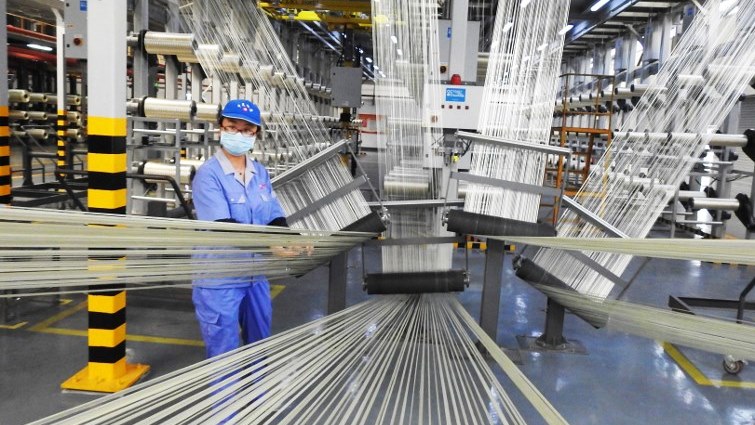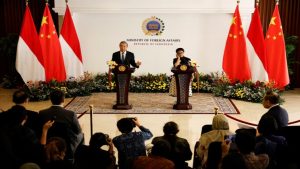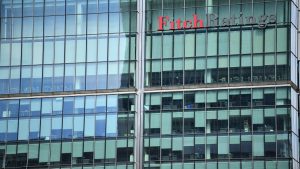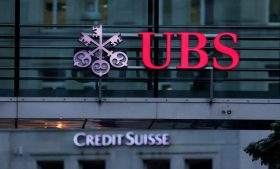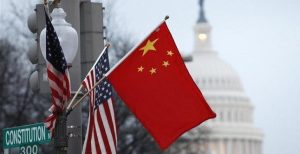China’s factory price inflation slowed slightly in July but beat expectations as US tariffs came into force, while consumer prices were boosted by a pick-up in spending on travel.
The figures are the first to be released since the United States imposed the first of its threatened levies on billions of dollars in Chinese goods as part of an escalating trade war.
The producer price index rose 4.6 percent on-year in July, according to the National Bureau of Statistics, compared with 4.7 percent in June and beating the 4.5 percent forecast in a Bloomberg News survey.
Factory price inflation decelerated in key sectors including extraction of petroleum and natural gas, processing of petroleum, coal and other fuel, and manufacture and processing of ferrous metals, NBS analyst Sheng Guoqing said in a statement.
The consumer price index (CPI), an important barometer of retail inflation, rose 2.1 percent on-year, from 1.9 percent in June and slightly higher than the 2.0 percent forecast.
A rise in demand for travel during the summer season boosted plane ticket and hotel prices, which is the “main reason for CPI increase”, Sheng said.
“Broader price pressures appear to be easing, a trend that is likely to continue in the coming quarters despite the impact of tariffs and a weaker currency,” Julian Evans-Pritchard of Capital Economics wrote in a research note.
The tariffs and the recent decline of the yuan would slightly nudge up import costs, but it will not cause a big jump in consumer price inflation, according to Evans-Pritchard.
The US imposed tariffs on $34 billion worth of Chinese goods, prompting Beijing to immediately retaliate in kind.
The two sides this week threatened to slap levies on a further $16 billion of goods from August 23.
“The still-muted inflation print provides Beijing with more room to roll out further easing/stimulus measures in an effort to arrest the growth slowdown,” Ting Lu of Nomura wrote in a note.
But David Qu, markets economist at ANZ Research, said trade tensions may exert “upward pressure” on consumer prices in the remainder of the year, notably due to China’s tariffs on US soybeans.


